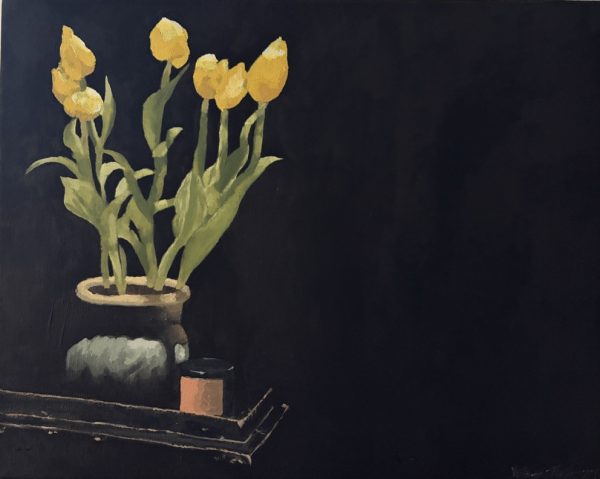Brave New World: Bernard Marx Character Reflection
Brave New World features numerous intriguing and peculiar characters. One of the main characters, Bernard Marx, changes from a likeable disfavored figure to a menacing hypocrite as the story unfolds. Bernard Marx is a high ranking alpha man who lacks the attractive and muscular appearance of his peers. He longs to be accepted, and feels tremendous insecurity about his small size. Bernard transitions from a protagonist to an antagonist as the story progresses.
Bernard is initially presented as a sad and insecure character, with language such as “melancholy” (57) used to evoke sympathy. He appears as a main character, and as an intelligent yet socially isolated man with a small power struggle. He is presented as inferior and feeble compared to other alphas. His individuality and rejection of society conflicts with his longing for Lenina, his romantic interest. While listening to Henry Foster talk about Lenina, Bernard feels extremely discouraged and jealous. The narrator states, “From his place on the opposite side of the changing-room aisle, Bernard Marx overheard what they were saying and turned pale” (44). Huxley attempts to engender empathy for Bernard by showing his different perspectives and highlighting his status as an outcast. Initially, Huxley presents Bernard as the feeble and unaccepted protagonist. Conversely, Bernard is presented as an ominous and mysterious character, making the reader ponder his true intentions and feelings. Multiple other characters state that he is always individualistic and in solitude. This sparks a desire for more information about Bernard and raises the potential of Bernard having something to hide.
As the plot unfolds, a different side of Bernard’s character is shown. Bernard takes his power struggles and insecurities to an extreme extent trying to question society and bend the rules for his personal gain. He finds a friend in Helmholtz Watson, another man who does not fit his social class and questions their society. The Director becomes furious at Bernard’s questions and lack of self control and threatens to exile him to Iceland. Huxley’s earlier ominous portrayals of Bernard lead the reader to discover Bernard’s true thoughts including resentment, jealousy and a desire for social status. Bernard decides to visit the savage reservation, a primitive society in New Mexico that aligns with pre-Ford ideologies. He brings Lenina, and the two experience a society that is a stark contrast to their own. Bernard and Lenina meet Linda and John, a mother and son. Bernard soon realizes that John is the Director’s son and Linda is the mother, and invites them to come back with him. Sneakily, Bernard is seeking revenge and superiority against the Director by trying to expose him for his son. Bernard exposes the Director, and the Director quickly runs out of the room in great peril. The narrator remarks, “My Father! The laughter, which had shown signs of dying away, broke out again more loudly than ever. He put his hands over his ears and rushed out of the room” (152). While Bernard succeeded in his goal of demeaning the Director, he used John and Linda in the process. His fixation on his social status comes through in anger and trickery, shifting him from a mysterious protagonist to a deceptive power hungry antagonist.
Bernard’s exposed personality traits of selfishness and disloyalty shift the reader’s perception of him as the story unfolds. Bernard’s transition from a protagonist to an antagonist is shocking. Upon my first reading of these chapters, I was perplexed at the initial representation of Bernard, and later felt resentment towards him for his betrayal and sardonic thoughts. Huxley’s original depiction of Bernard and his society parallels his darker representations of Bernard’s true personality and the many imperfections in his society. Although I can understand the reasons for Bernard’s behavior and disloyalty, I don’t think they justify his actions. Huxley’s intelligent and complex renegade, Bernard, adds a deeper layer to Brave New World, making me question how we determine who is a protagonist vs. antagonist in speculative fiction and literature.










